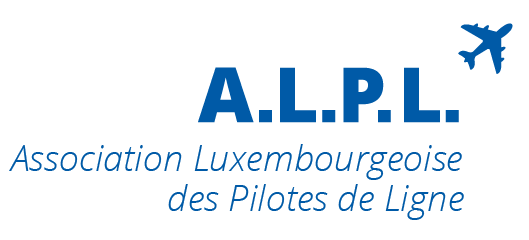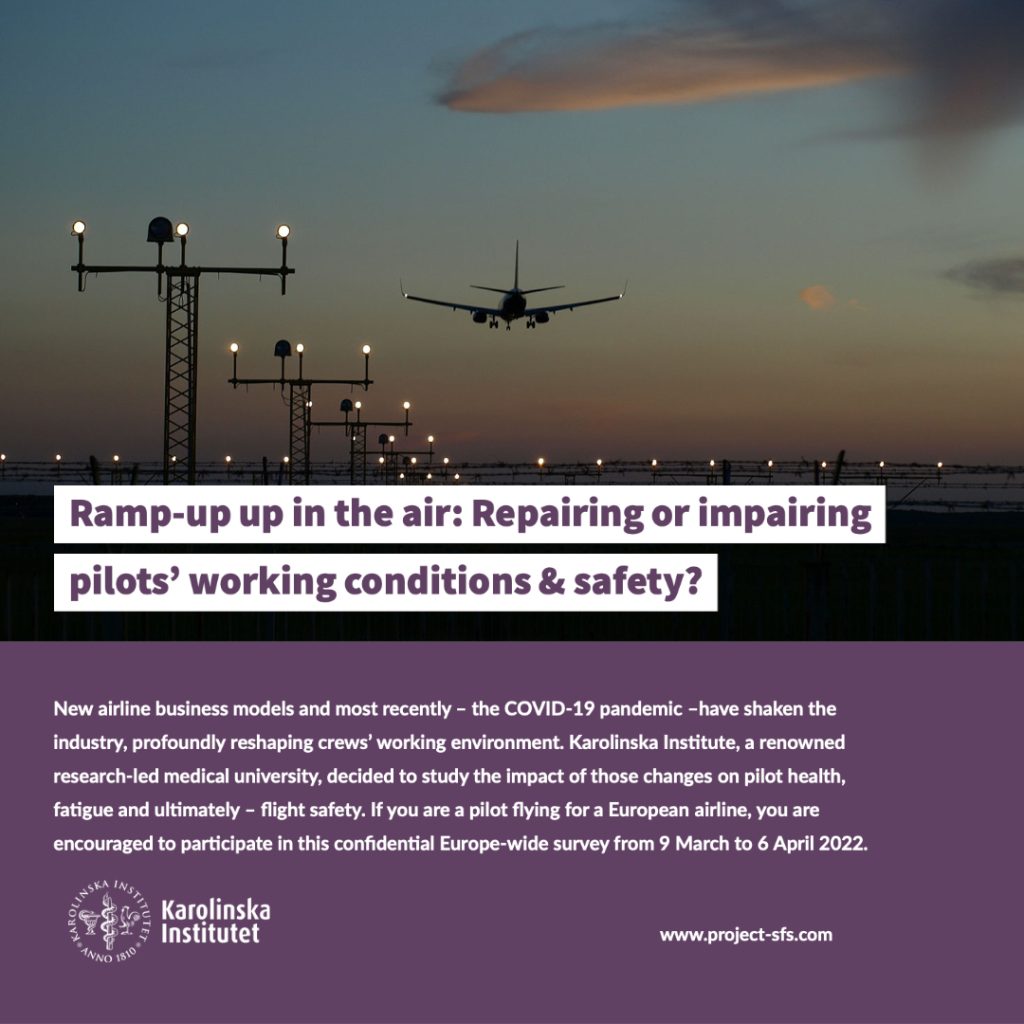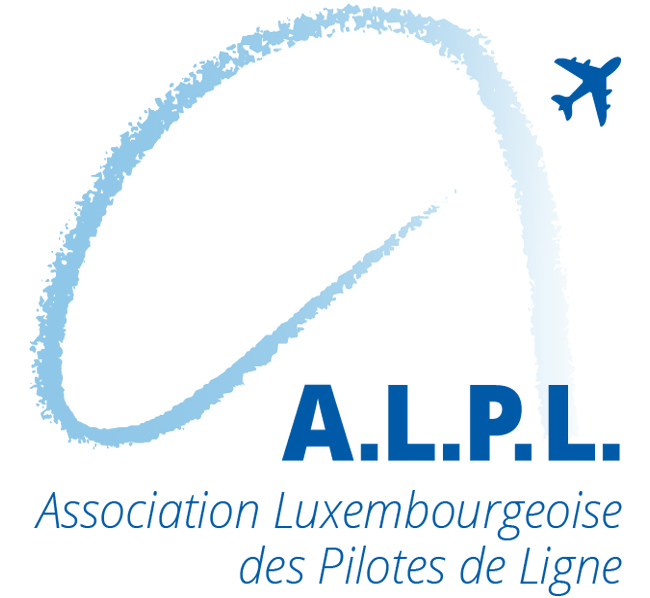Airline pilots’ employment and working conditions have been the focus of various European studies in the past. While most studies explore how new business models affect crews’ employment terms and conditions, little has been done to map the safety impact stemming from these changes. To fill this gap, this new survey is initiated by the Karolinska Institute – a renowned research-led medical university – aimed at airline pilots from across Europe.
The survey is a part of an ongoing research project on ‘sustainable flight safety’ – linking socioeconomic aspects, health and safety. In an earlier study, called “High flying risks” (2018), Karolinska Institute analysed the link between airline companies’ safety climate, working conditions and flight safety. Today, in the wake of the COVID-19 pandemic, it is more important than ever to continue and deepen this research.
This survey therefore aims to collect data on European pilots’ employment and working conditions, health/fatigue and experiences regarding flight safety in the ramp-up following the COVID-19 pandemic. Your participation is crucial to gain knowledge of what pilots’ working conditions look like today, and how the work environment and aviation safety can be concretely improved.
The survey will be launched 9 March 2022, and will run for four weeks.






